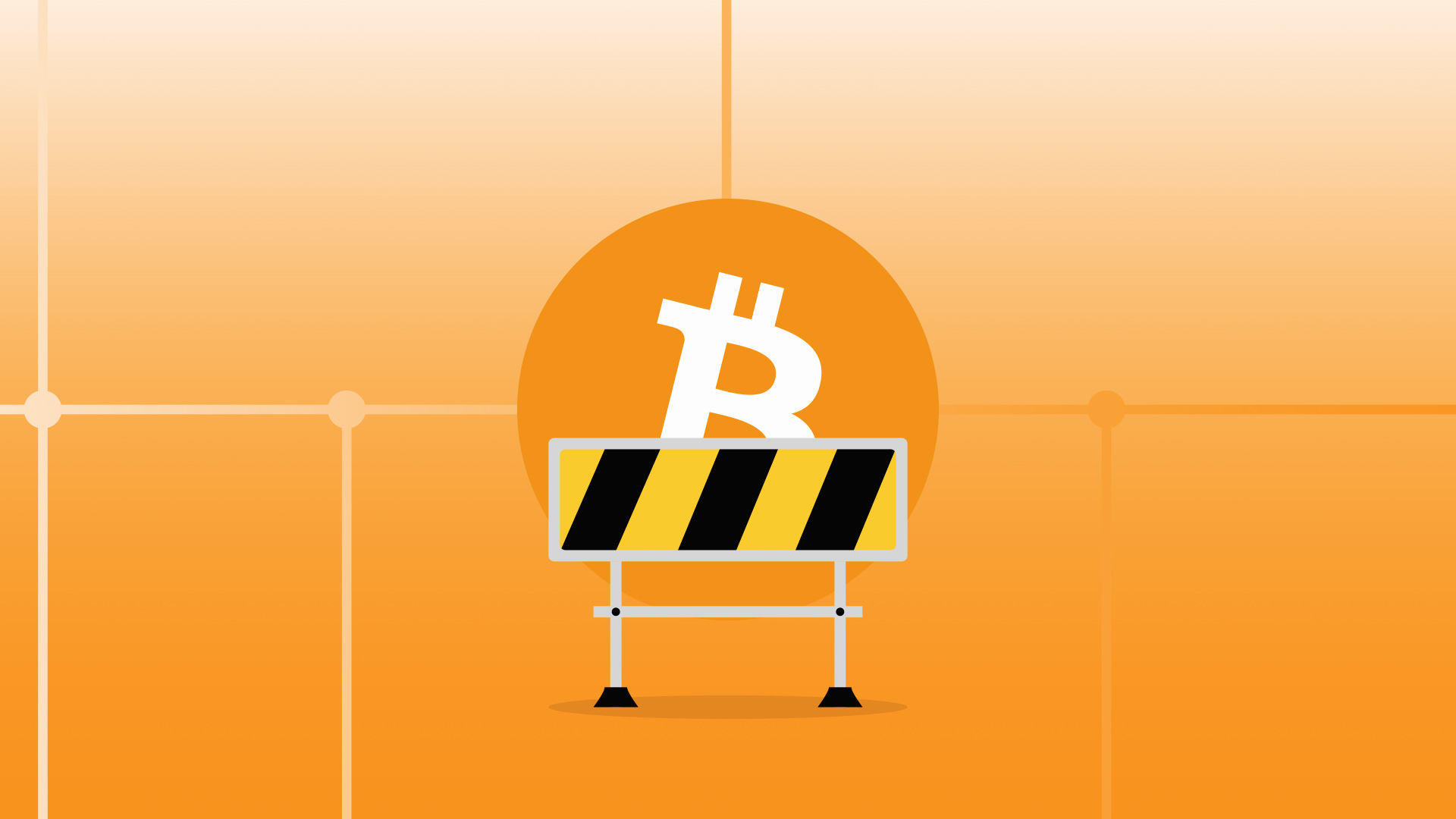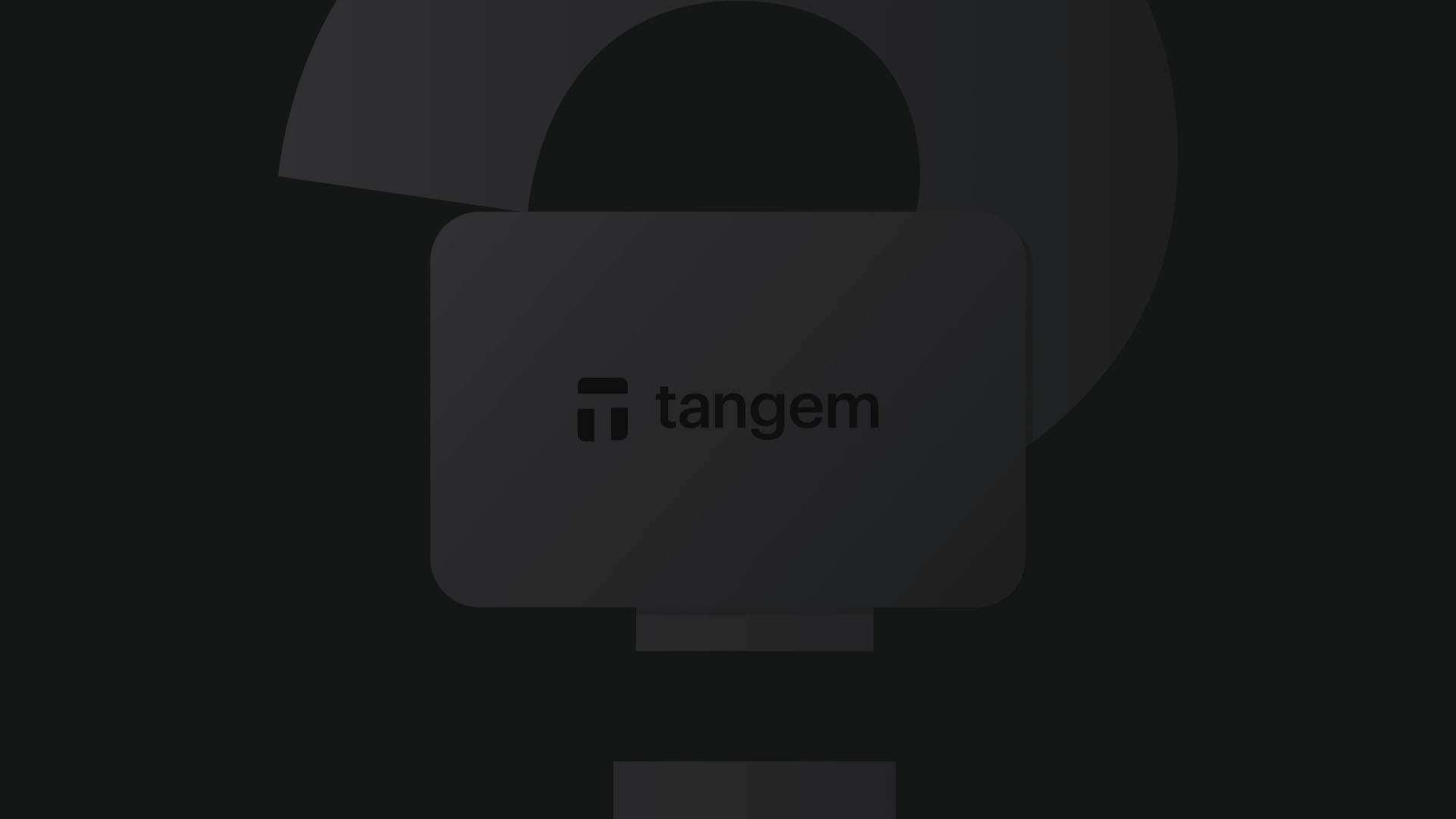While pig butchering scams have been occurring for nearly a decade and often without involving cryptocurrency, the rise of crypto, stablecoins, and civil strife in Southeast Asia has caused the scams to proliferate, and, according to Project Brazen’s Whale Hunting newsletter, KuCoin Thailand is helping.
The reporting is filled with bombshell allegations: secret investments into cryptocurrency mining companies, South African fixers offering private jet bribes, billions of dollars moving between scam centers in Cambodia, Laos, and Thailand, and KuCoin setting up its Thai subsidiary to serve the people and companies behind this pig butchering economy.
Former Thai prime minister Thaksin Shinawatra – who is currently in a prison hospital serving a sentence – is at the center of it all.
Protos has previously reported on KuCoin’s legal problems, which include allegations of failing to implement proper know-your-customer and anti-money laundering rules, allowing Office of Foreign Assets Control (OFAC)-sanctioned individuals to launder millions of stolen dollars from US banks, and encouraging non-compliance by urging and allowing US citizens to trade on the platform.
KuCoin Thailand’s role
KuCoin, which has been seen as a shadow of its peak, opened its Thai subsidiary in June of this year.
The connections between KuCoin’s former executives, ‘fixer’ Benjamin Mauerberger, and former prime minister Shinawatra are complex but convincing and show how easily cash, crypto, and airplanes can be utilized to obfuscate and muddy the waters in the already murky waters of Southeast Asian finance.
KuCoin allegedly purchased a stake in a Thai securities firm called Finasia X PCL via the wife of Mauerberger as part of its entry into the country. Mauerberger was also involved in former Prime Minister Shinawatra’s purchase of a new private jet.
The extent of pig butchering scams and centers in Southeast Asia has been detailed not only by financial fraud investigators but also by victims who have had to escape kidnapping and detention. It is suspected that tens of billions of dollars are lost to the scammers every year.
KuCoin sent cease and desist letter
According to one of the founders of Project Brazen, the media outlet “received a cease and desist letter from KuCoin’s legal team demanding [they] remove [their] investigation into [KuCoin’s] alleged role in a $1.5 billion money laundering network.”
The cease and desist letter calls for retractions, social media post deletions, and an apology within 48 hours. Project Brazen has indicated they will not abide by the cease and desist.
We were able to reach out to Tom Wright at Project Brazen about his reporting on KuCoin. We asked if he believed KuCoin was using legal methods to attempt to silence the media outlet, and Wright told us he has “no idea on their legal strategy,” but that Project Brazen will “keep reporting the truth… [including] KuCoin’s efforts to secretly buy up a large stake in a Thai finance company.”
KuCoin’s cease and desist letter makes clear that it denies many of the allegations: denying that it owns a stake in Finansia X PCL, denying that any of its operations in Cambodia, Laos, or Thailand were set up for illicit purposes, and denying that it “is a central component of, or knowingly involved in, a criminal money-laundering network.”
Protos reached out to KuCoin for comment, and they did not respond. If they do reply to our request for a statement, the story will be updated to reflect that.
Got a tip? Send us an email securely via Protos Leaks. For more informed news, follow us on X, Bluesky, and Google News, or subscribe to our YouTube channel.
The post Project Brazen links KuCoin to billions in pig butchering scams appeared first on Protos.



